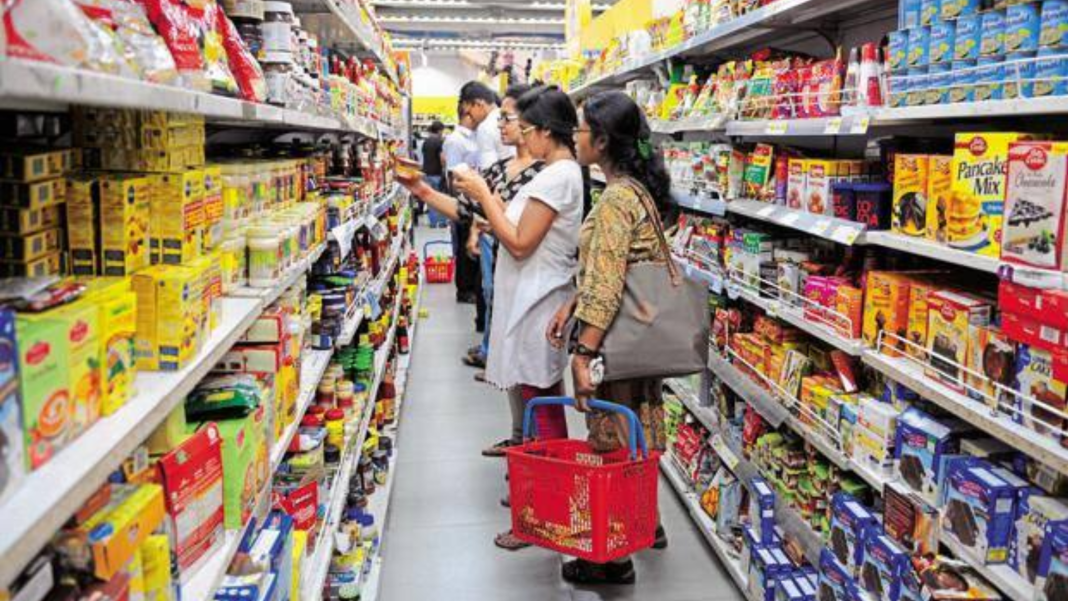During the September quarter, local and regional companies have expanded their reach to 31% additional households in categories like biscuits, soap, washing powder, and detergent. This has led chief executives of major consumer goods companies to acknowledge the resurgence of smaller brands and recognize its influence on their sales growth.
In the most recent data provided by market research firm Kantar, local brands demonstrated a 4% increase in penetration for laundry bars and a 13% growth in washing powder, outpacing their larger counterparts who experienced growth rates ranging from 0-3%. In the soap category, smaller firms exhibited a notable 31% growth, while national brands only saw a modest 2% increase. Regional players in the biscuits category, the largest segment in packaged food, recorded a substantial 22% growth, surpassing the 10% growth observed in larger companies.
“On one side, you have got the larger players who are obviously much stronger brands, but they are losing out to the smaller players because of the price play and the grams in bags, etc. On the other side, you have got these guys who are throwing money in the market, so we don’t want to be caught in this logjam. Only if we find a way to balance and make money out of this, will we move forward,” Varun Berry, MD at Britannia, told investors. “Local players have very high margins, very high discounts, etc. So, only if we are able to counter all of those with the mix that we are bringing to the market will we move forward,” he added.
The disruptions caused by the pandemic, coupled with inflation in crucial raw materials, compelled numerous companies to either close down or streamline their operations. However, over the last two quarters, decreasing commodity prices have empowered smaller regional brands to broaden their operations and reduce product prices. Notably, Unilever announced last month its intention to lower product prices in certain categories, including soaps and laundry, in India. This move aims to transmit the advantages of reduced commodity prices, stimulate higher volumes, and enhance competitiveness against local entrants.
“A couple of our categories – fabric cleaning and skin cleansing – are very heavily correlated to the underlying commodity prices and (have seen) local competition re-enter the market. We have to simply adjust pricing there in order to maintain competitiveness and our volume position,” chief financial officer Graeme Pitkethly told analysts during the third-quarter earnings call.
Over the past few years, indigenous brands have been capturing market shares from prominent consumer product companies, particularly in categories such as soaps, detergents, hair oil, tea, and biscuits. For instance, the rusk market boasts approximately 2,500 local competitors, and more than 3,000 smaller or regional players command nearly 40% of the snacking segment.
“Local brands have sizable penetration across the key categories; and barring edible oil and tea, they have managed to either hold on to improve their penetration significantly, like in the case of salty snacks or biscuits,” said K. Ramakrishnan, managing director, South Asia, Worldpanel division, Kantar.
Nevertheless, Hindustan Unilever, India’s largest consumer products company, has acknowledged the comeback of small and regional brands, many of which had exited the market during the height of inflation.


